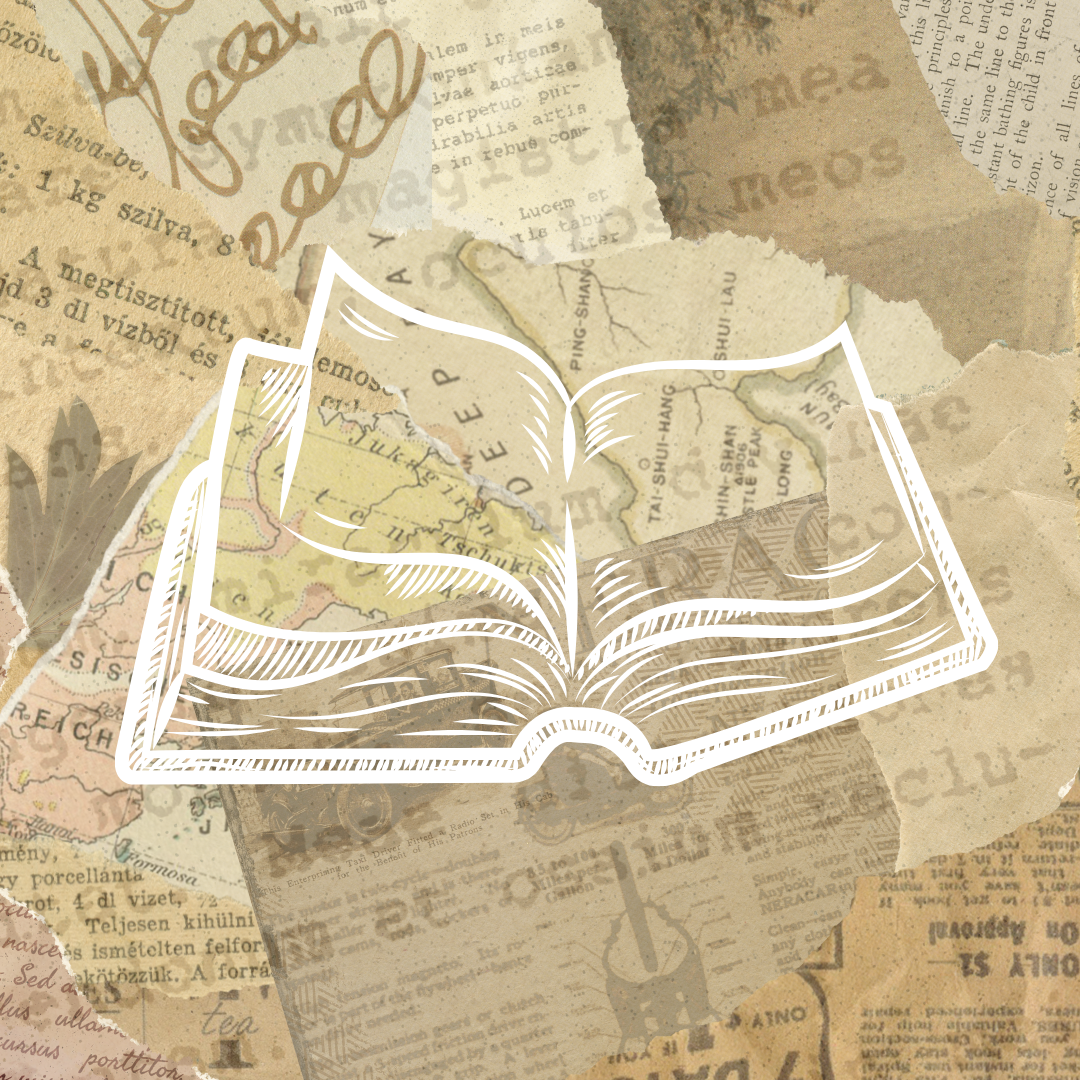
Baala Shakya
Stepping into the small room tucked between Sterling’s grand nave and its labyrinth of stacks, it feels like crossing into an antechamber of thought — quieter, weightier, like the hush between heartbeats and a pause between breaths.
I let my fingers drift along the spines of books not yet taken home, their dust jackets cool and smooth under my touch. Each title, on hold in library purgatory, is a fragment of someone’s intellectual pilgrimage, a breadcrumb, a flare — a flash of curiosity sent up from some corner of campus. I know I shouldn’t linger — this is just a passing visit on my way to the Stacks — but still, I stay, perusing the books bound for others.
The hold slips, crisp and neatly folded, peek out from the books like tiny flags staking claims on the landscape of thought. I glance at the names, sometimes familiar, sometimes not. A professor whose work I once cited in a paper. A classmate I last saw rushing out of a seminar, scarf trailing over their shoulder, coffee sloshing over the rim of their mug. There’s something intimate about seeing the raw scaffolding of someone else’s mind laid bare; their curiosities cataloged not by subject but by the simple, earnest desire of pursuit.
I pull a book at random: a study on the history of the Palais Garnier. For a moment, I imagine myself there — chandeliers blazing, velvet seats humming with anticipation. Next to it, is a book on Alan Turing, the stage lights dimming to reveal the quiet logic of a mind racing ahead of its time. Further down, a collection of fairytales translated from the original Korean, their spines delicate as pressed flowers. The sheer range astounds me.
I’ve often heard people complain that academia is narrowing, that scholars bury themselves in ever-more specific rabbit holes, unable to see the bigger picture. But here, on these shelves, I see the opposite. This is the breadth of human knowledge, sprawling and unconstrained — proof that Yale is full of people still brave enough to ask questions with no promise of answers.
Some requests make perfect sense: an art historian claiming the latest monograph on Mughal architecture, an economics major picking up a journal on social development theory. Others feel delightfully random — riddles wrapped in private logic. Who, I wonder, needs both a technical manual on soil composition and a collection of 19th-century French poetry? What fragile thread connects a study of Antarctic ice cores to a memoir about growing up in Kazakhstan? The hold shelf is less a puzzle than a cartographer’s sketch, a map in the making, each book a coordinate charting someone’s intellectual terrain — some well-trodden, others wild and unclaimed.
Occasionally, I recognize a name on a slip — sometimes a professor whose books whispered answers into my late-night drafts, other times a friend whose research I admire but can never fully understand. In those moments, the hold shelves feel like a glimpse into the future of scholarship, an archive of thought before it hardens into print. These books, these passages, these footnotes-in-waiting will soon appear in senior theses, dissertation acknowledgments, journal articles and perhaps even bestselling nonfiction books. Some of the most groundbreaking academic work might be taking shape in the pages before me.
Who’s to say a slender volume on postcolonial trade routes won’t spark a Nobel Prize-winning idea? That a dog-eared book on Cold War diplomacy won’t shape the next great foreign policy?
Yet, for all its academic gravitas, the hold shelf remains refreshingly egalitarian. A book requested by a world-renowned historian rests beside one picked out by a freshman stumbling through their first research paper. A Pulitzer Prize winner and a wide-eyed undergraduate share the same queue, their intellectual pursuits stripped of hierarchy, reduced to the alphabetical order of last names. At that moment, when their books sit side by side, Yale’s usual markers of prestige fall away.
The academy, for all its exclusivity, briefly becomes what it aspires to be: a space where ideas — not titles — hold the most weight.
The hold shelf itself becomes a portrait of Yale: disciplines and ideas mingling without boundaries, each book brushing against another as if in quiet conversation. A dense political treatise leans against a volume of contemporary poetry. A medical ethics textbook sits beside a history of Renaissance art. These juxtapositions feel almost deliberate, as though the library itself is curating collisions — reminding us that no field exists in isolation. The questions we ask — whether about particle physics or postcolonial literature — ultimately speak to the same human longing: to understand, to connect, to uncover something true.
In the end, these shelves hold more than knowledge — they hold the restless spirit of discovery, the stubborn belief that understanding the world means crossing boundaries, blurring lines and wandering past the edges of certainty.
Somewhere among these spines, there must be a book holding the answer to a question I haven’t yet learned to ask, and so I linger, fingers brushing titles like casting lines into water, waiting for the tug of curiosity. Because here, among borrowed books and borrowed time, the questions — like the stories themselves — are endless.







